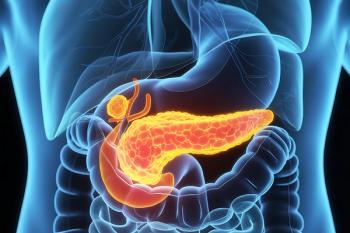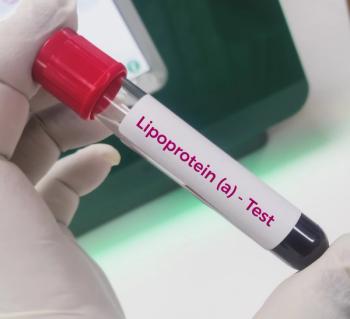
Vascepa's Benefits For People With Diabetes Seen Amid Settlement of Patent Dispute
Results from REDUCE-IT trial presented at the ADA meeting show that the fish-oil pill is associated with cardiovascular disease protection among patients with diabetes.
New results for
The announcement of data from the REDUCE-IT trial follows this weekend’s presentation by
Bhatt stunned the cardiology world in 2018 with the original results from REDUCE-IT, which shown that the purified omega-3 fatty acid,produced a 25% reduction in initial cardiovascular events compared with placebo among patients who with known heart disease or risk factors, along with high triglycerides. Follow-up results showed those taking the pill cut their risk of first and future events by 30%.
On Saturday,
Bhatt also broke out data showing that the greater a patient’s level of risk, the more events Vascepa prevented. Those with diabetes but no cardiovascular disease had an absolute risk reduction of 4%, those with cardiovascular disease but no diabetes had a reduction of 6%, and those with both diabetes and cardiovascular disease had reduction of 10%.
The results come at end of whirlwind six months for Amarin. Vascepa, first approved in 2012 to treat high triglycerides, received a new FDA indication in December as an add-on therapy with statins to cut the risk of cardiovascular events among these patients. In March, a federal judge ruled in favor of two generic drug manufacturers who challenged Amarin’s patents; one has since received an FDA approval. The company’s stock plunged after the ruling.
But late Tuesday, Amarin announced settlement of a patent infringement suit with Apotex over a marketing application to sell a generic version of Vascepa. Amarin’s appeal of a federal court patent ruling is still pending. Under the terms of the settlement, Apotex will not sell its generic product until August 9, 2029, under conditions that would include Amarin’s loss on appeal.
Amarin has vowed to challenge the ruling, and on June 1 announced a large-scale promotion and education effort as patients start returning to doctor’s offices following weeks of quarantine because of COVID-19.
Of note for payers, Bhatt said the patients with diabetes in REDUCE-IT were typically on multiple therapies to control blood sugar and had an average A1C of 7%; this meant adding Vascepa cut the number of costly events even among patients already receiving good care.
However, he said the fish oil pill is good option for patients with risk factors whether or not they have diabetes. “It wouldn’t be right to pigeonhole the drug to say, ‘Oh, it’s only for those with diabetes.’ It is also for those who have established cardiovascular disease, but among those with diabetes-with or without established cardiovascular disease, assuming they have triglycerides that are not in optimal range-the drug does seem to provide benefit beyond other evidence-based therapies.”
Bhatt said for patients with diabetes, Vascepa could work well alongside SGLT2 inhibitors, a group of diabetes drugs getting attention at the ADA meeting for their potential in heart failure. “Diabetes is a powerful risk amplifier,” he said. “Especially when patients already have high cardiovascular risk because of multiple other risk factors or established atherosclerosis, you’ve really got to throw the kitchen sink at them.”
Newsletter
Get the latest industry news, event updates, and more from Managed healthcare Executive.

























